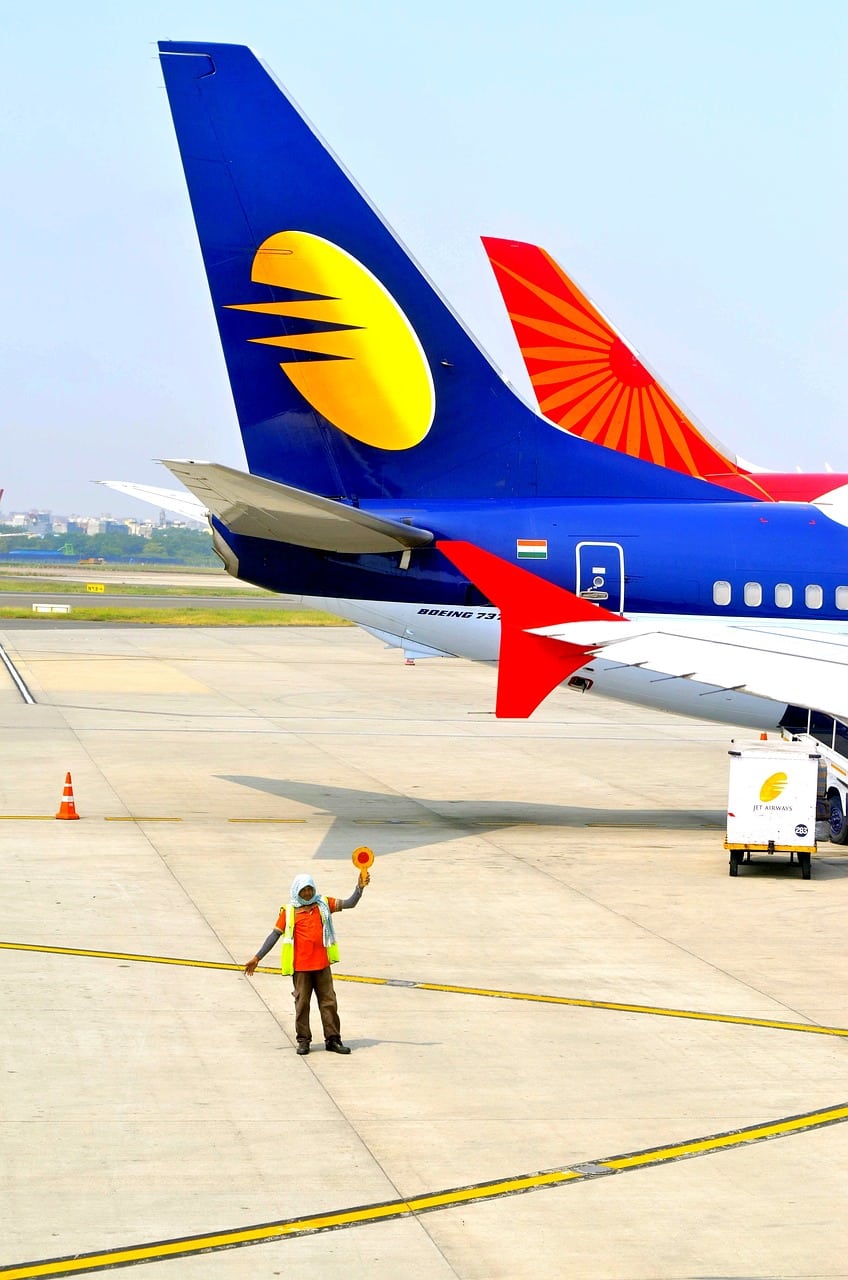Delhi Airport Takes the Lead in Streamlining Passenger Experience with Facial Recognition Technology
Delhi Airport, also known as Indira Gandhi International Airport, is one of the busiest airports in India, handling millions of passengers every year. In recent years, the airport has been investing in new technologies to improve the passenger experience and streamline operations. One of these technologies is facial recognition, which has been implemented in various areas of the airport. In this article, we will take a closer look at how Delhi Airport is making the most of facial recognition technology.
Facial Recognition for Check-In and Boarding
Delhi Airport has implemented facial recognition technology for both check-in and boarding processes. Passengers can use the airport’s self-service kiosks to check-in and scan their passports and boarding passes. Once their identity is verified, passengers can proceed to the security checkpoint and boarding gates without having to show any additional documentation. This saves time and eliminates the need for physical interaction with airport staff.Facial Recognition for Security Screening
Delhi Airport has also implemented facial recognition technology for security screening. Passengers can use the airport’s e-gates to scan their boarding passes and have their faces matched with their passports. This allows for a more efficient and streamlined security screening process, reducing wait times and enhancing security measures.Facial Recognition for Immigration
Delhi Airport has implemented facial recognition technology for immigration processes as well. Passengers can use the airport’s e-gates to scan their passports and have their faces matched with their biometric data. This allows for a more efficient and secure immigration process, reducing wait times and enhancing border security.Benefits of Facial Recognition Technology
The implementation of facial recognition technology at Delhi Airport has numerous benefits for passengers and airport operations. It saves time, reduces wait times, enhances security measures, and minimizes physical contact with airport staff. In addition, facial recognition technology improves the accuracy and efficiency of identity verification, reducing the risk of errors and fraud.Concerns and Controversies
Facial recognition technology has raised concerns about privacy and data protection. Delhi Airport has addressed these concerns by implementing strict data protection and privacy policies. The airport also ensures that facial recognition data is encrypted and securely stored.Conclusion
The implementation of facial recognition technology at Delhi Airport is a significant step towards improving the passenger experience and enhancing airport operations. The technology saves time, enhances security measures, and improves accuracy and efficiency. While concerns about privacy and data protection exist, Delhi Airport has taken steps to address these issues and ensure that the technology is used in a responsible and secure manner.RECENT POSTS
Pegasus Airlines neemt Smartwings en Czech Airlines over voor 154 miljoen euro
Pegasus Airlines neemt Smartwings en Czech Airlines over voor 154 miljoen euro
The psychology of travel: How to avoid stress and addictive habits in airports
Why Flight Trackers and Casino Players Use the Same Risk Assessment Skills
Online Casino Games for Aviation Enthusiasts and Travelers
META
CATEGORIES
















 Gold-dev
Gold-dev October 20th, 2023
October 20th, 2023 0 Comments
0 Comments


Leave a reply